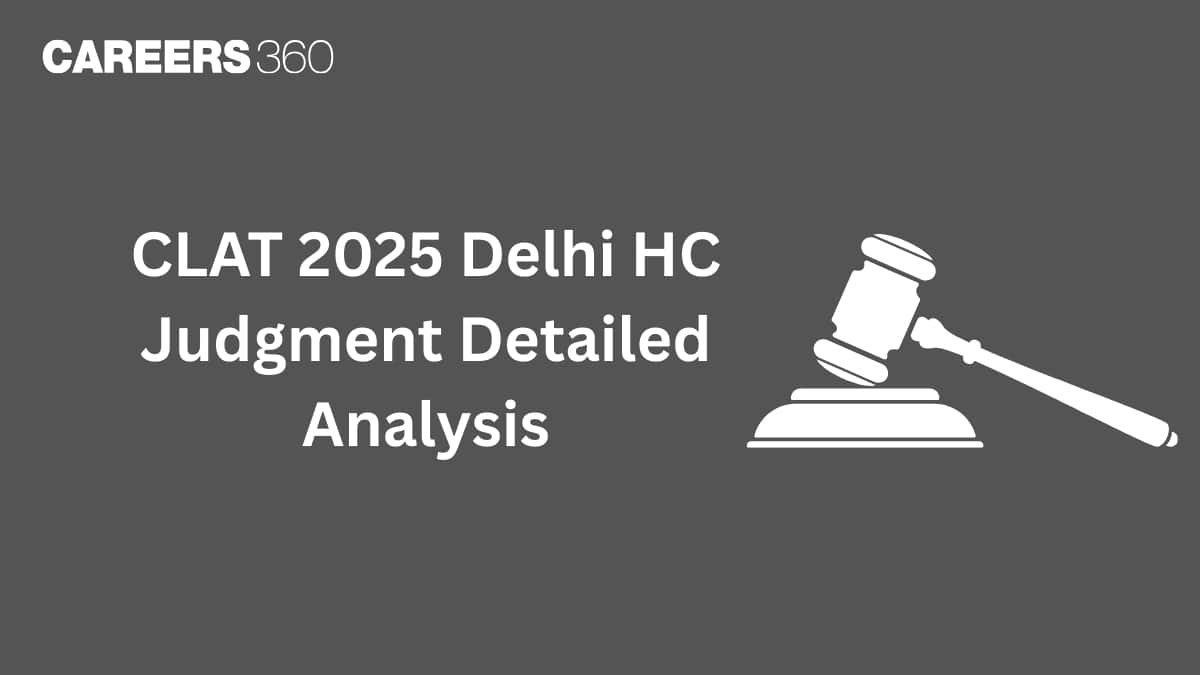| Question | Issue Raised | Final Answer Key | Court’s Decision | Reason |
| Q5 | Objection to answer "Sellers of stolen hardware" (Option d). | Option (d) | Set aside. Correct answer: Option (c) ("Auctioneers of cheap bags"). | The passage referred to "auctioneer of cheap cloth," not bags. No legal reasoning required. |
| Q14 | Belated objection by petitioner (Harshita). | Option (c) | Rejected | Objection raised after the window period; barred under Salil Maheshwari precedent. |
| Q37 | Claimed answer should include BRICS currency (Option d). | Option (c): "Diplomatic dialogue between India and China." | Rejected | Passage focused on Indo-China dialogue, not BRICS currency. |
| Q49 | Objection to "None of the above" (Option d). | Option (d) | Rejected | Passage required both census and delimitation; Option (c) ("after Census") was incomplete. |
| Q56 | Dispute over state duty vs. citizen rights. | Option (d): "State’s duty to maintain ecological balance and citizens’ right against climate change." | Rejected | Passage emphasized state obligations under Article 21 of the Constitution. |
| Q77 | Challenge over minors’ contractual incapacity. | Option (b): "Voidable agreement." | Question excluded. | Passage omitted reference to minors; deemed "out of syllabus" (prior legal knowledge required). |
| Q78 | Argument for multiple correct answers. | Option (c): "Agreement to pay ₹10 lakhs for a government job." | Rejected. | Option (c) was the most likely void agreement (illegal under law). |
| Q79 | Objection for requiring prior legal knowledge. | Option (c): "Consideration." | Rejected | Petitioner failed to object during the window period. |
| Q80 | Claimed "out of syllabus." | Option (d): "When the President gives assent." | Rejected | Passage explicitly stated: "Bill received Presidential assent." |
| Q81 | Dispute over penalties for service providers. | Option (d): "None of the above." | Rejected | Penalties included both fine + cost recovery; Option (b) was incomplete. |
| Q88 | Alleged inadequate data. | Option (d): "Data inadequate." | Answer changed | Oversight Committee’s recommendation accepted. |
| Q91 | Split expert opinion on answer. | Changed from Option (d) to (c): "Homelessness due to economic/cultural turbulence." | rejected. | Options (a) and (b) not supported by the passage. |
| Q93 | Split expert opinion on mental illness link. | Changed from Option (d) to (c): "Mental health and homelessness cycle." | Rejected. | Options (a) and (b) irrelevant to the passage. |
| Q97 | Dispute over passage title. | Option (a): "Lifestyle and Mental Health." | Rejected. | Passage emphasized lifestyle’s impact on mental health. |
| Q115 | Error in calculation. | Option (a): "₹204 approx." | Set aside. Correct answer: Option (d) ("None of these"). | Only those candidates who had attempted Question no.115 of the Master Booklet,
correctly or incorrectly, shall, as a consequence, be granted the marks
indicated against the said question. |
| Q116 | Cross-referencing error in Sets B/C/D. | Technical error in question numbering. | Full marks awarded for Sets B/C/D. | Error caused confusion; no penalty to candidates. |

